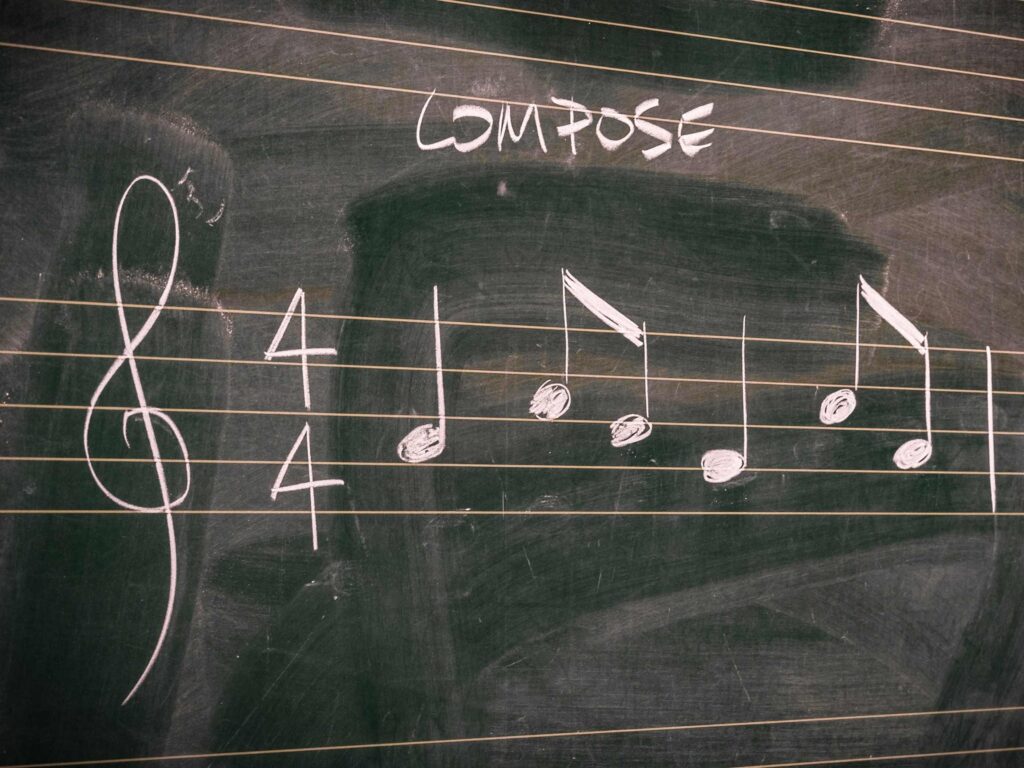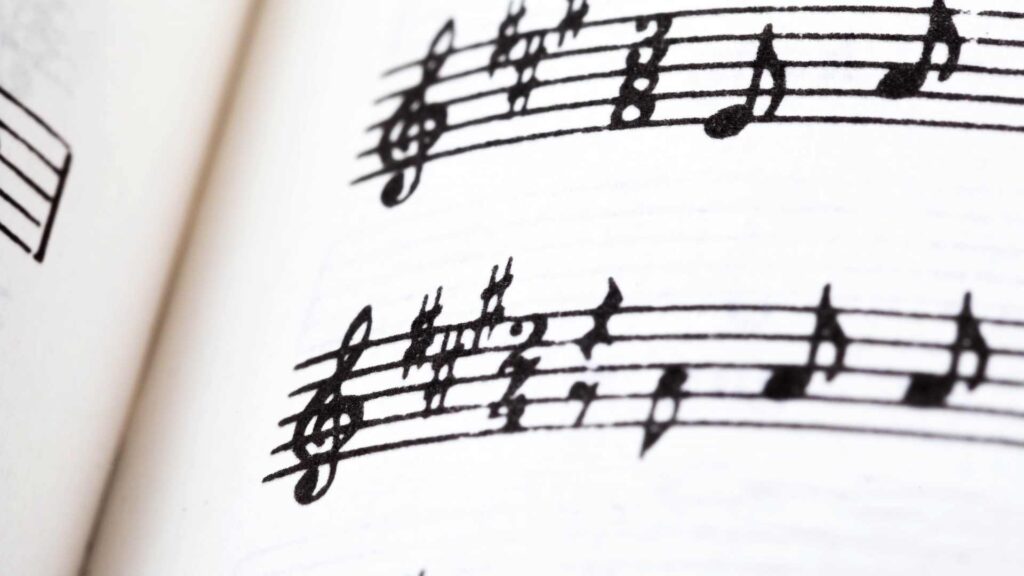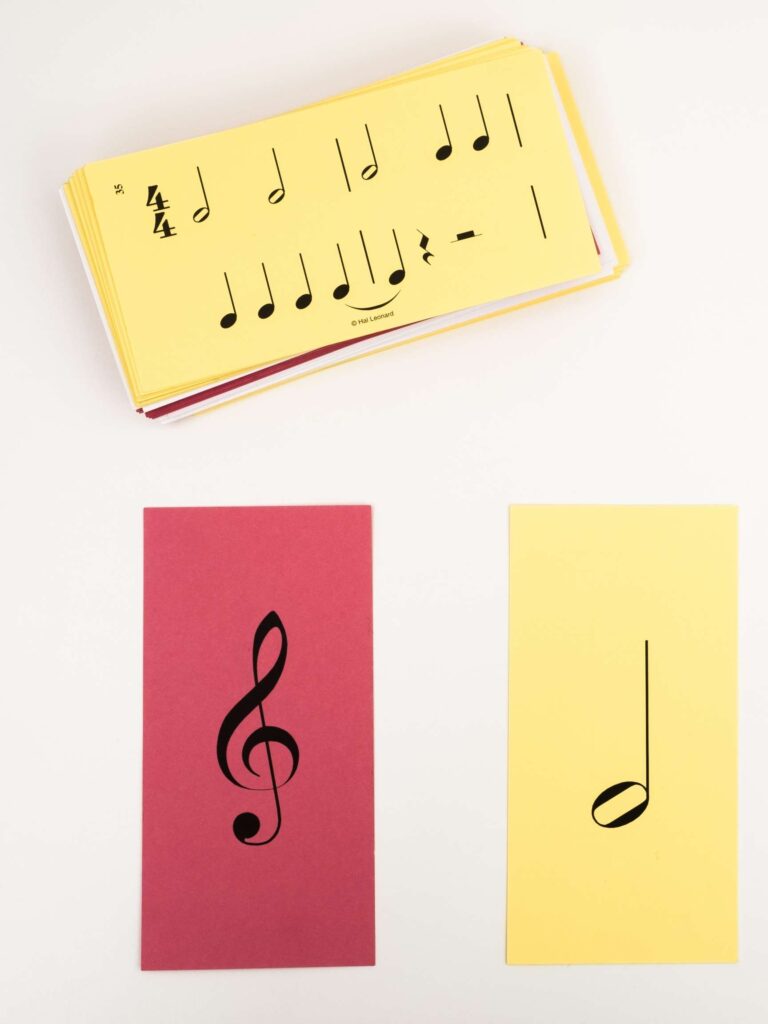The Importance of Music Theory

Do you know the importance of music theory? Music theory gives musicians a language for understanding elements and structures of music art…
Many students who further their musical knowledge will eventually be taught the importance of music theory.
Music theory is the study and breakdown of musical elements. In turn, Music theory explores the connections between notes and theories.
Additionally, it teaches students how to train their ears for music tones and patterns.
Students learn music theory through music theory lessons and aural skill practices.
Music theory is important for students to learn to advance their understanding of what they are performing and practicing. Music theory is also essential in advancing your student not only artistically but holistically as well.
What kinds of things are important to learn in music theory?

Students will learn specific patterns, notes, and tones seen in music. Additionally, music theory includes learning the tonal patterns in scales.
Students will also learn time signatures, chord progressions, aural skills, keys, and rhythms.
Here are examples of these music theory components:
Time signatures-this specifies how many beats are in a measure.
Keys-this is the group of pitches that create patterns.
Rhythms-rhythms consist of beats that evolve into a cadence.
Aural skills-these train the ear to anticipate sounds and patterns.
Chord progression-these are the individual harmonies and how they progress to create various desired sounds.
Music notation-this is the language musicians use to read and communicate.

The importance of music theory includes helping students:
- Perform better
- Better understand literature
- Increase analytical skills
- Improves analysis skills
- Raise mathematical skills
- Fosters creativity
We’re going to unpack each of these points for you:
1. Improves Performance
Performing is an important part of music. Preparing for a performance allows students to practice one piece of music until they have mastered it. As a result, musical performance provides a way to holster your child’s maturity and confidence as an individual. Additionally, it will give them the ability to set goals. They can then make plans for how to accomplish them. A key skill many people use in life is public speaking. However, people are typically fearful of public speaking. Learning how to perform at a young age can set children up for success in this realm. Music theory will transform your student into a top notch performer. Therefore, students who’ve taken music theory have a better grasp of the literature. They can perform confidently as a result.
2. Provides Understanding of Music Literature
Today’s music is quite different from that of the past. However, in order to understand the present, you have to look at the past. The music that children listen to on the radio deals with modern day lyrics and simple chord progressions. In contrast, music in the past focused on melodies and harmonies that were often unspoken. Students will gain a brief history of music theory in their studies. Theory follows a historical pattern similar to that of any other art form. Students will then understand the theory practices and preferences of each time period.
3. Increases Analytical Skills
As a result of music theory, they can then mimic those techniques in their own practice. Students will learn that theory follows a set of rules, similar to math and science. Composers practiced different styles and techniques during different time periods. Baroque composers followed a different set of styles and rules than Romantic composers. In turn, it is important for students to learn and understand these rules and techniques in order to mimic them.
4. Improves Analysis Ability
The process of analyzing is important for the future leaders of our country. Analysis skills teach students how to solve problems. Additionally, analysis allows for students to look for problems. First, analyzing allows for students to think of creative alternatives. They can then developing plans and overcoming issues. Students will gain the ability to analyze and assess through music theory. Analyzing music is essential for truly understanding it. Lastly, students will learn how to find common themes and motifs amidst various literature. The analysis process will help students determine what they like and don’t like in regards to musical styles and genres.
5. Raises Math Scores
Mathematical skills are becoming increasingly relevant in our society. STEM classes are being provided at many schools, and at the expense of the arts. However, STEM and music are linked through their joint need for math. Math allows students to rationalize and reason through problems. It teaches students to think critically about the world around them. Surprisingly, music theory has been linked with higher mathematical skills. Theory requires students to find and analyze patterns as well as numbers in music. Additionally, it trains their brain to find these patterns, to hear them, and make connections. As a result, students gain memory techniques through building these connections. Many music theorists are asked to be code breakers for the government. This is because of their ability to find patterns within a text.
6. Fosters Creativity
Lastly, creativity is important for growth in children. It allows them to learn and understand their environment around them. Creativity provides an outlet for children to build connections and express themselves. Additionally, it enhances their skillset and enables them to enhance their mind. Creativity gives access to new and inventive ways for solving problems and communicating. Music theory encourages creativity because it provides students with the tools needed to compose. As a result, students are better equipped with what music consists of and requires. Additionally, theory allows for students to use their skills to find patterns and music combinations. It gives students a way to create their own style.
Music theory has proven to be helpful in developing children’s musical background. It assists in a well rounded educational experience by providing different avenues for learning skills. In turn, music theory acts as the explanation behind patterns seen in music, similar to algebra and geometry being a subset of understanding formulas and larger math concepts. Students will strengthen the skills learned in music theory and use them in real life scenarios.
Can you be a musician without knowing music theory?

The answer to this question depends on who you’re talking to.
We’ll just say this: without the importance of music theorya basic knowledge of music theory, an instrumentalist, music artist or a creator of music doesn’t understand what they are creating, why something sounds good or bad, or how to make easy changes needed for an artist to find and notate exactly what they hear in their imagination.
Without at least a basic knowledge of music theory, there is a lack of knowing the language of music.
This makes it difficult to communicate musical artistry, composition, aesthetics, music psychology, and the list goes on.
Would you like to learn more about music theory for your own musicianship?
We at Martucci Music are here to serve you in whatever aspects of music theory will most enhance your personal knowledge and artistry.
Think you might be interested in learning with us?
Register for a trial lesson today!
Trial Lesson Includes:
• A full 30min private session.
• Meet your instructor.
• Ask all of your questions.
• Sample a lesson with them.
• Get a professional assessment of your current technical skills.
• Walk away with a plan for what future tailored lessons would look like for you.
Register today for a trial lesson. $48 value. Right now for only $19!